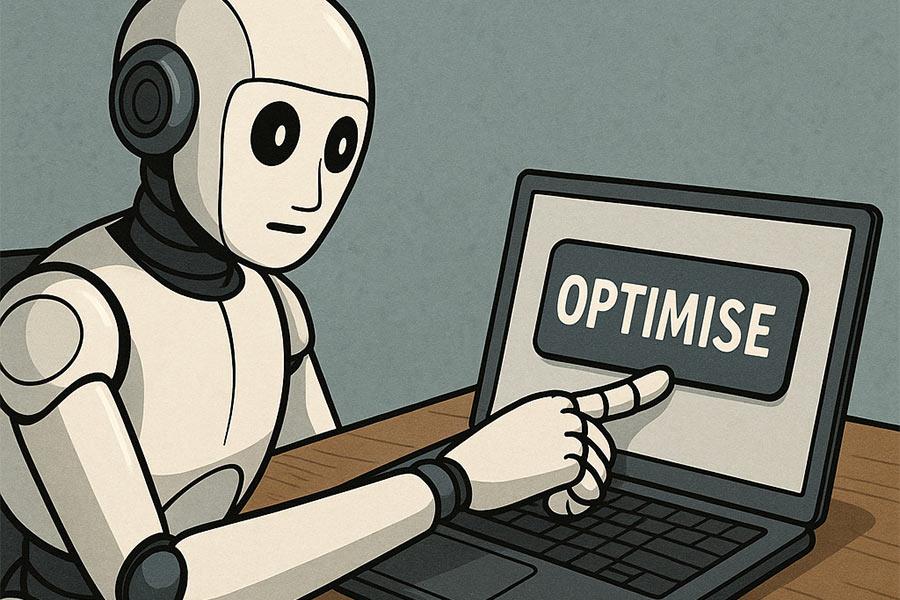How Green is Your Digital Marketing

In the realm of digital marketing, environmental impact is often an overlooked aspect. Sure, you may look at how much electricity it’s taking to run your laptop, but do you ever look further on from that? As businesses around the globe become more conscious about sustainability, it’s crucial to understand the carbon footprint of digital marketing activities and look for a green digital marketing future. For now, we’ll focus on the main aspects of digital marketing, starting with a website and ads.
Invisible Emissions
When we think of websites, we rarely consider their environmental impact. However, every digital action we take, including loading a website, uses energy. The energy consumed by data centres to host websites, the servers that transmit data, and the devices on which we view websites, all contribute to a website’s carbon footprint.
High-resolution images, auto-play videos, and complex animations make a website heavier and increase energy consumption during loading. Therefore, a lean, well-optimised website not only offers a better user experience but is also more eco-friendly.
The Environmental Cost Per Click
Google Ads, one of the most popular forms of online advertising, also has a carbon footprint. Each time an ad is displayed, a server has to work to load it, and each click on the ad leads to another page load. Although the energy consumption for a single ad click might be minuscule, considering billions of daily Google searches, the cumulative energy use is substantial.
Google’s commitment to carbon neutrality and its aim to be powered by 24/7 carbon-free energy by 2030, however, are promising steps towards reducing the carbon footprint of Google Ads.
Towards Green Digital Marketing
Though for small businesses the amount of energy consumption used to load and use small websites is incredibly minimal compared to those of Amazon, for example. If every small business is contributing, a little soon becomes a lot, and it’s important to stay aware of the impact your business has on the environment.
Understanding the environmental impact of our digital marketing activities is the first step towards making them more sustainable. Optimising your website for energy efficiency and using targeted strategies for online ads to avoid wasteful clicks, we can all work together to significantly reduce the carbon footprint of our digital marketing activities.
To optimise your website for a more environmentally friendly load time, or optimised google ads strategies to avoid unnecessary clicks and gain more engaged, converting users, get in touch with DigiBubble today!



